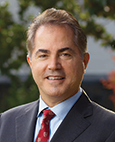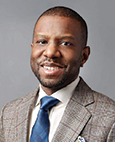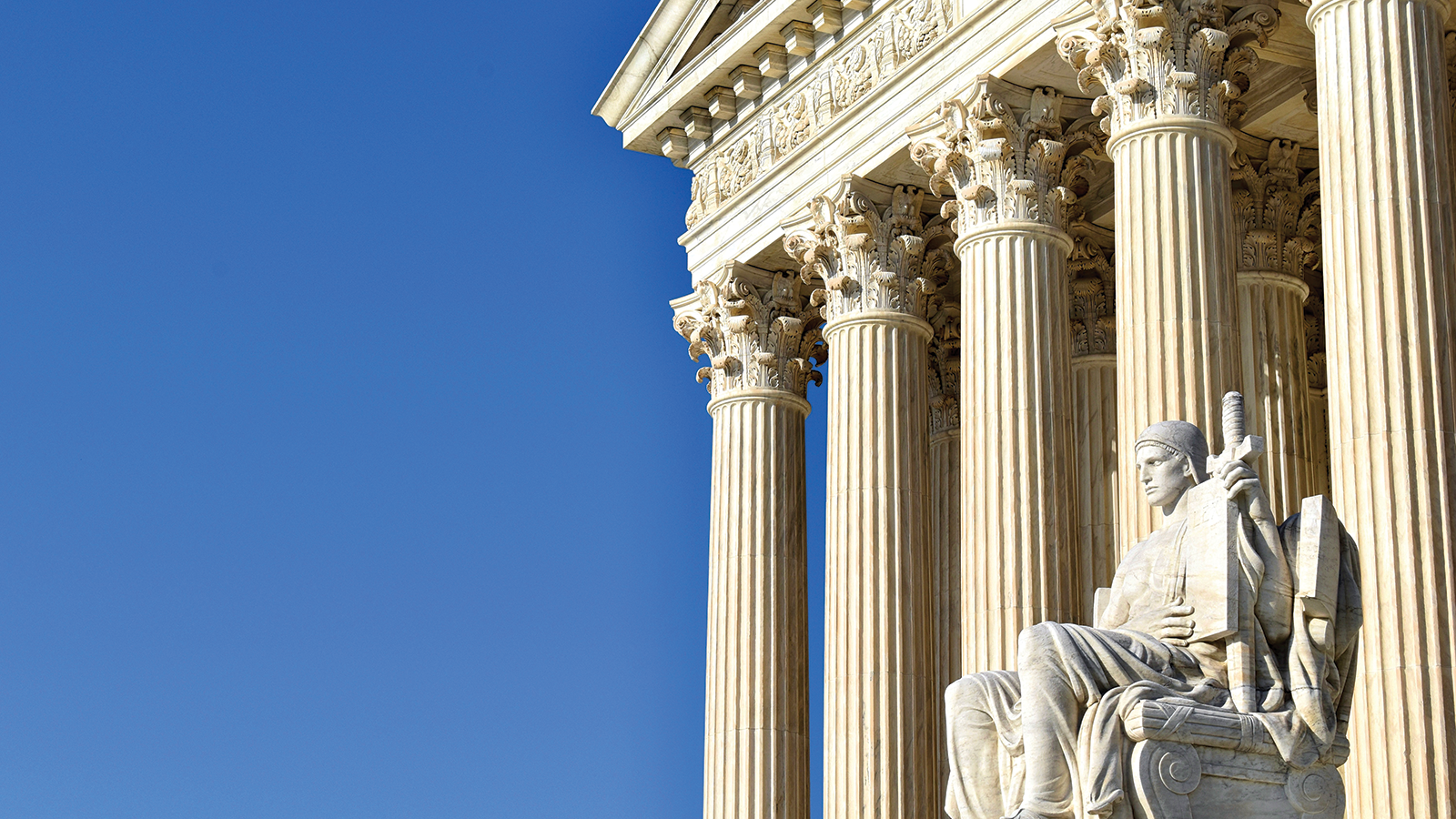In response to the U.S. Supreme Court’s decision to ban race-conscious admissions practices in higher education, the NAACP urges college and university leaders to sign its Diversity No Matter What pledge as a pathway forward.
Within their call to action, the organization asks institutions to consider implementing a variety of practices, including eliminating racially biased entrance examinations; supporting programs, scholarships, mentoring, and academic services for low-income and first-generation students; recruiting diverse faculty and staff; ending legacy admissions practices; and partnering with Minority-Serving Institutions.
Since the pledge was introduced in July, it has received over 1,200 signatures from students, faculty, staff, administrators, and alumni. However, Claremont Graduate University (CGU) is the only institution to publicly announce signing the pledge as of early September, according to the NAACP. A variety of factors may contribute to universities not following CGU’s lead, the organization says, including being unaware of the opportunity or choosing to craft their own statements to affirm DEI values.

The decision to sign the NAACP pledge was an easy one for CGU because the values match those of the university, says President Len Jessup, PhD. In the past five years, under Jessup’s leadership, the population of students of color has reached 54 percent, an increase of 10 percent. In addition, 63 percent of tenured or tenure-track faculty hired since 2018 are people of color.
“[The Supreme Court decision] is not going to change what we’re doing,” Jessup says. “We continue to hold strongly [to] values around diversity, equity, and inclusion. This won’t get in the way of our holistic admissions process; we’re proud of the track record that we’ve got and what we’re doing. We don’t think it’s a race and we’ve crossed the finish line and we won — it’s an ongoing process.”

Despite the added anti-DEI (diversity, equity, and inclusion) rhetoric being endorsed by politicians and enacted through legislation in numerous states, the language of the ruling leaves the door open to be creative and explore other strategies to achieve diversity, says Ivory Toldson, PhD, NAACP director of education innovation and research.
Diversity initiatives in higher education remain essential; without them, there could be even worse consequences, he says.
“The [institutions] that are attracting a diverse student body, that have an environment that is conducive to the holistic growth including the cultural growth and the appreciation for diverse cultures [and those that are] developing world-class and worldwide learners — these are institutions of the future, not the backwards vision that the leadership of Florida and Texas are aiming to create,” Toldson says.●
This article was published in our October 2023 issue.




















